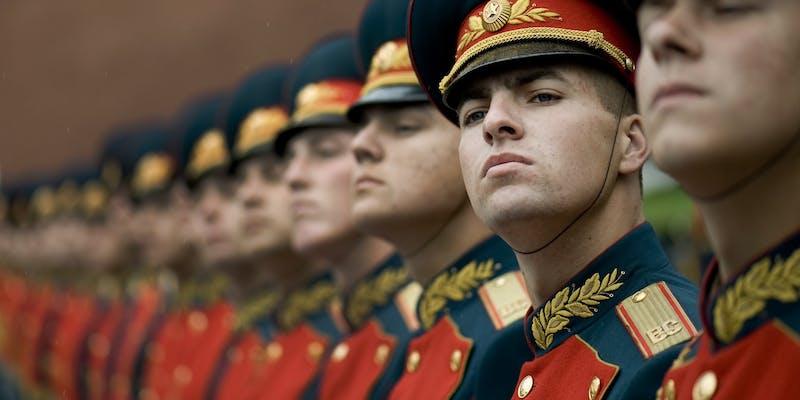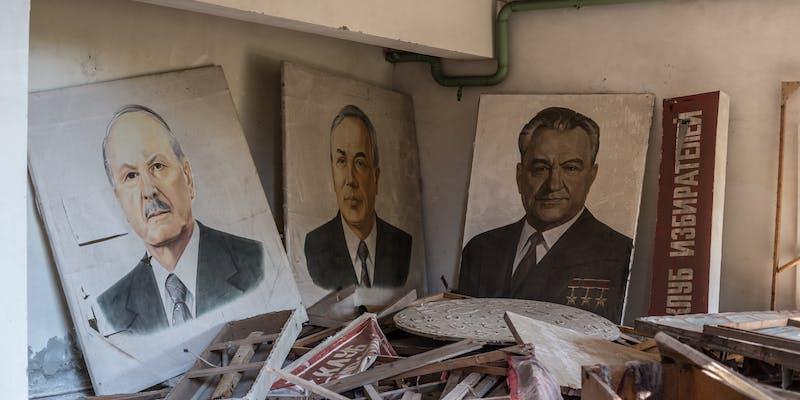Oligarchy is a form of government where power rests on only a few people. However, this type of management would be regarded as a rule of a limited minority whose powers restrict the sovereign rights of the other subjects without power. The oligarchs come into power in different ways, such as being nobles or from higher socio-religious categories and economic affluence.
“Oligarch” is a general word that normally means one who belongs to an elite, rich group and holds their wealth and power by business interests, etc., in modern terms.
The idea of the oligarch has a certain connection to Russia (after the breakdown of the USSR in the nineties). There were doubts about ownership over the state properties at the moment of the collapse of the Soviet Union. This situation allowed a handful of well-connected business people to privatize these assets. Russian oligarchs are typically those who own significant industries like mining, steel, media enterprises, and other businesses that were once under state control.
Russian Oligarchs and the Government
It is no secret that relations between oligarchs and Russian authorities have largely been stormy. During President Boris Yeltsin’s tenure in the 1990s, oligarchs began exercising considerable influence on Russia's politics. They quickly realized the advantages of government connections, which offered them valuable insights for their financial maneuvers. A notable group of business magnates emerged during this time, called the “semibankirshchina” or “seven-banker outfit.” They were essentially informal advisors to Yeltsin, influencing his policies and sometimes even orchestrating the appointment of their preferred politicians to critical positions.
The scenario shifted dramatically with Vladimir Putin's ascension to the presidency in 2000. He was lauded for his hardline approach against the oligarchs, shutting down some industries and, in certain instances, sending them to prison. Despite this, there has been speculation, with some arguing that these steps had less to do with cleaning the administration than acquiring power over the oligarchs.
During Putin’s tenure, a new wave of oligarchs has become prominent. These people range from longtime associates of Putin to newly powerful business elites, as well as those at the top of Russian national security and armed forces. These new oligarchies are generally associated with his administration.
Oligarch Lifestyle and World Dominance

Russian oligarchs are often associated with extravagant lifestyles, marked by their investments in luxury items like superyachts, global mansions, soccer teams, and other lavish purchases that only the wealthiest can afford.
Understanding how oligarchs exert such considerable influence in our world begins with recognizing their entrepreneurial nature. They adeptly use entrepreneurial techniques to create opportunities for amassing wealth and power and strategically pivot between them. This involves the application of entrepreneurial mechanisms, a process observed in seasoned entrepreneurs who have successfully launched multiple startups.
- The first step in this entrepreneurial approach involves oligarchs identifying and using their assets, traits, knowledge, and networks.
- They then calculate what they can risk, limiting the amount of money, time, or missed chances they will endure. This cautious approach helps them navigate through the unpredictable waters of power and wealth.
- Furthermore, oligarchs are known for building partnerships with various stakeholders, including government officials, fellow oligarchs, and business oligarchs. They adopt a "friends with benefits" strategy, which involves forming and dissolving alliances as needed. This dynamic approach allows them to capitalize on opportunities and navigate the complex interplay of wealth and power.
- Another critical aspect of their dominance is strategic timing. Like astute tycoons, oligarchs wait for the right moment to consolidate and expand their wealth and power and subsequently transform one into the other.
- Lastly, as they develop opportunities and time their moves, oligarchs place a high value on secrecy and stealth. This approach helps them stay under the radar, avoiding unnecessary attention while maneuvering through their various ventures. This blend of strategic planning, cautious risk-taking, and discreet operations form the crux of how oligarchs dominate in multiple spheres.
Strategies of Modern Oligarchs

Donald Trump is a notable example of an oligarch employing effectuation strategies, though we won't delve deeply into his story. His 2016 presidential campaign and subsequent presidency were shaped around his unique attributes: skills in deal-making and self-promotion, a willingness to take risks, and a network somewhat distant from traditional American politics. Trump's minimal personal financial investment in his campaign demonstrates the principle of affordable loss in effectuation. His handling of various setbacks in his business career, including bankruptcies, exemplifies how he embraced surprises, an essential aspect of effectuation.
One distinctive strategy of oligarchs is their partnership approach, often resembling a "friends with benefits" situation rather than a committed relationship. They frequently form and dissolve alliances, ensuring they are not overly dependent on any single partnership. This approach allows them to maintain independence and adaptability. Donald Trump's collaboration with Steve Bannon during the 2016 presidential campaign is an example, alongside the numerous alliances he has formed and left behind.
Another strategy is patience, waiting for the perfect opportunity to make a significant move. This approach is crucial in the high-stakes world of economics and politics. Oligarchs like Trump and Vladimir Putin exemplify this: Trump’s transition from a wealthy businessman to the President of the United States in 2016 and Putin's rise to power as Boris Yeltsin’s prime minister and eventual successor.
The fourth strategy involves maintaining a low profile to avoid attracting undue attention. This tactic responds to the inherent vulnerability of their positions, where neither wealth nor power is guaranteed or secure. Influential oligarchs often operate discreetly, avoiding publicity and revealing as little as possible about their intentions. This secrecy protects them from potential competition and maintains the element of surprise.
Mikhail Fridman is an example of an oligarch who successfully remained under the radar while amassing wealth. In contrast, oligarchs like Mikhail Khodorkovsky, Boris Berezovsky, and Vladimir Gusinsky, who became too visible, faced severe consequences. Khodorkovsky was imprisoned, Berezovsky went into self-exile and later died under suspicious circumstances, and Gusinsky lives in reduced circumstances following his exile. This demonstrates the risks associated with high visibility for oligarchs.




